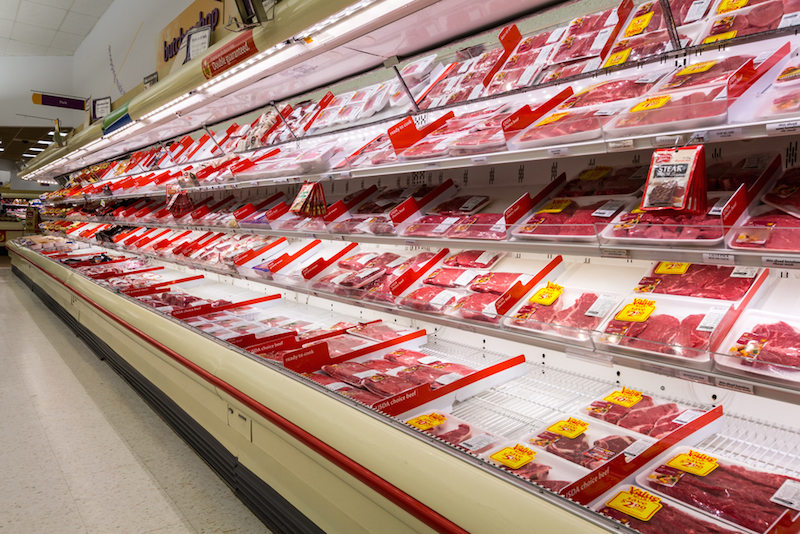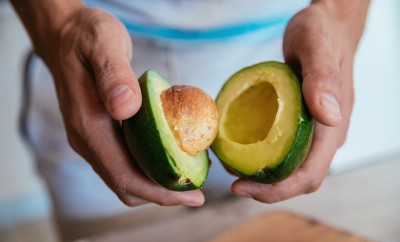Animals
Investor group launches campaign to prevent global meat protein bubble
Sixteen global food companies were the target of a $1.25 trillion multinational investment campaign in late September, launched by forty investors, in hopes of replacing meat with plant-based substitutes worldwide. Nestle, Tesco, Walmart, Unilever and Kraft Heinz were among the biggest names mentioned in the investor group’s statement, citing recent studies’ concerns about environmental and public health risks if current meat consumption rates continue. The campaign included information provided by FAIRR, or Farm Animal Investment Risk and Return, as well as ShareAction, a responsible investment firm, and is comprised of investors from Swedish state pension funds and the Aviva investors of London.
Leading topics of the campaign were centered around the prevention of a “protein bubble,” a term used to represent the likely economic bubble caused by a continued international over-reliance upon factory-farmed meat. Jeremy Coller of FAIRR explained that, “The world’s over-reliance on factory-farmed livestock to feed the growing global demand for protein is a recipe for a financial, social and environmental crisis. Intensive livestock production already has levels of emissions and pollution that are too high, and standards of safety and welfare that are too low.”
A study from Oxford University explains that food production alone will soon take up half the world’s carbon budget if current meat-eating rates continue, and numerous alternatives exist to minimize that risk. Livestock production resulting in soaring pollution levels and low welfare/safety standard levels signal an industry that can’t meet the projected demand for protein globally in years to come. Investors are voicing concerns and, according to Coller, want to know “if major food companies have a strategy to avoid this protein bubble and profit from a plant-based protein market set to grow by 8.4% annually over the next five years.” Grains, seeds, lab-cultured “meats” and dairy-free milks are some of the recommended options presented by the investor group to keep the earth within safe limits.
Since recent years have seen pressure placed on gas and oil producers in regard to climate change concerns, similar pressures now are beginning to face the large food companies to insist they keep up with global needs and meet investors’, as well as environmentalists’ expectations with a workable strategic plan.
Since, according to FAIRR, the current supply chain cannot cope with growing protein demand, nor the various factors of high-risk production, diversification is in order. Some of the possibilities recommended on FAIRR’s materials include: replacing beef with sustainably sourced fish, reducing/eliminating red/processed meats, using beans instead of pork, moving away from meat and dairy and opting for almond, flax, hemp, rice and soy milks, opting for legumes, nuts, pulses, seeds, lentils, oats, peas, quinoa, eating insects (as some world cultures already do), macro and micro-algae, and enjoying various packaged meat substitutes. However the food giants choose to work with the recommendations of the investor group remains to be seen, but the good news is: the conversation is starting.






0 comments